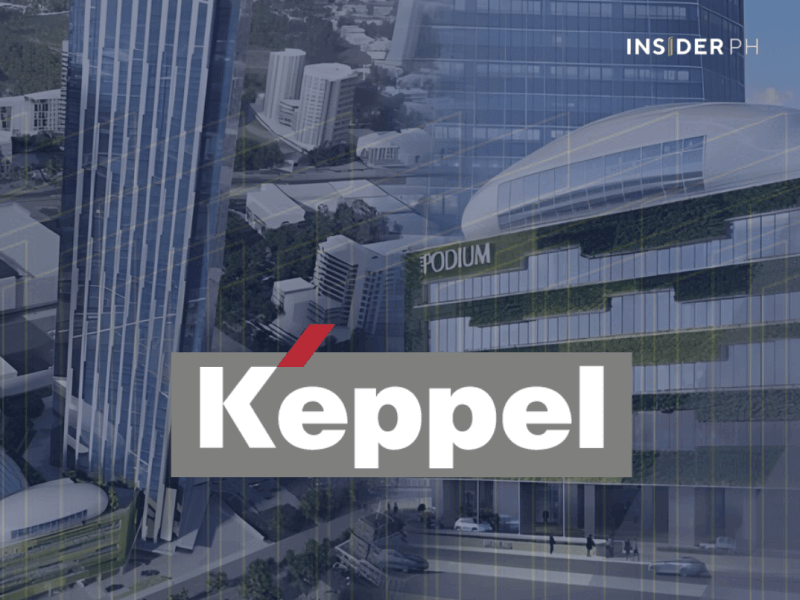Monday, 16 February 2026
1 day ago
INSIDER VIEW | PPPs: Built against ghost, substandard projects
By: Alberto Agra
When properly structured, Public-Private Partnerships (PPPs) are among the project modalities least likely to result in ghost or substandard outcomes.

2 days ago
INSIDER VIEW | Electricity demand forecast through 2030
Picture a typical afternoon in Manila, where the sun blazes relentlessly and the city’s energy systems are pushed to their limits. In these moments, the rising demand for electricity becomes more than just a statistic—it becomes a pressing reality.

5 Feb 2026
6:52AM
INSIDER VIEW | Open access for 100kW customers
Last year, the Energy Regulatory Commission (ERC) announced it would lower the threshold for contestable customers to 100 kW from 500 kW —a move seen as significant for SMEs, though some oppose it.

4 Feb 2026
11:19AM
INSIDER VIEW | How project bundling strengthens PPP outcomes
By: Alberto Agra
Public-Private Partnerships (PPPs) are fundamentally about value creation for government, for private proponents, and most importantly, for the public. One of the most effective yet underutilized strategies in PPP structuring is project bundling or multi-purpose projects: combining multiple components, services, or assets into a single integrated project and contract.

21 Jan 2026
4:51AM
INSIDER VIEW | When gov’t may walk away from unsolicited PPP proposals
By: Alberto Agra
Unsolicited proposals (USPs) are a legitimate but carefully circumscribed feature of the Philippine Public-Private Partnership (PPP) framework.

12 Jan 2026
11:37AM
INSIDER VIEW | PPPs for and with the people, in practice
By: Alberto Agra
Public-Private Partnerships (PPPs) are often associated with large corporations, big-ticket infrastructure, and complex financing structures. However, under Philippine law, PPPs are not reserved exclusively for large private corporations.

12 Jan 2026
8:20AM
INSIDER VIEW | No middle class without wage growth
In 2001, the typical Filipino worker captured 48 percent of the value they produced. By 2024, that share had fallen to 31 percent. Over the same period, labor productivity grew 286 percent, while wages rose 147 percent.

6 Jan 2026
6:21AM
INSIDER VIEW | The Maduro lesson for PH: Power without pretense
On Saturday, Jan. 3, 2026, the United States seized Venezuela's sitting president, flew him to New York, and paraded him in handcuffs into a DEA office. Attorney General Pam Bondi announced charges including narco-terrorism and possession of machine guns in violation of a 1934 American statute.

5 Jan 2026
10:45AM
INSIDER VIEW | Beyond contracts: Five virtues to guide PPPs
By: Alberto Agra
As 2026 begins, public-private partnerships (PPPs) stand at a critical juncture. In many jurisdictions, including the Philippines, PPPs are no longer evaluated solely by the kilometers of roads built, classrooms delivered, or facilities constructed.









